Blog
Energy Crisis in the Philippines and Asia
With global LNG prices reaching unprecedented highs, several countries in Asia are now facing an energy price crisis. How is this affecting the people and how are governments responding?

5 Biggest Advantages and Disadvantages of Natural Gas
There are several pros and cons to using natural gas. While it is still a fossil fuel, it produces significantly less carbon dioxide than coal and oil. Yet, on the flip side, poor production practices, leaking transportation pipelines, and extreme price volatility raise questions about if it really is worth investing in.
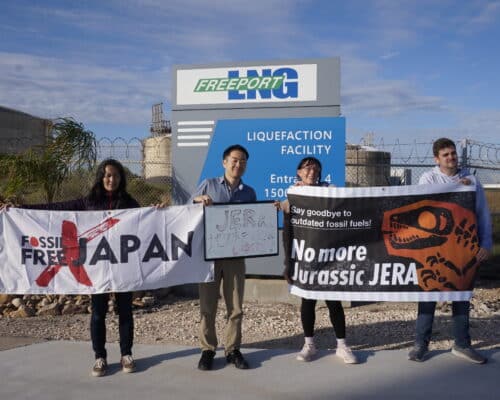
Japan’s Ongoing Harm in the U.S. Gulf [Op-Ed]
Japan is the primary backer of public and private U.S. LNG export facilities, which have caused significant harm to local fisheries. The shrimp industry, vital for Louisiana's sustenance and economy, has been severely impacted. Additionally, methane, a key constituent of LNG, is a potent greenhouse gas, 80 times more impactful than carbon dioxide. Leakage from these facilities and throughout the supply chain exacerbates the climate emergency. While the Biden administration's temporary halt on new LNG export authorisations is commendable, more decisive actions are required to address this issue effectively.
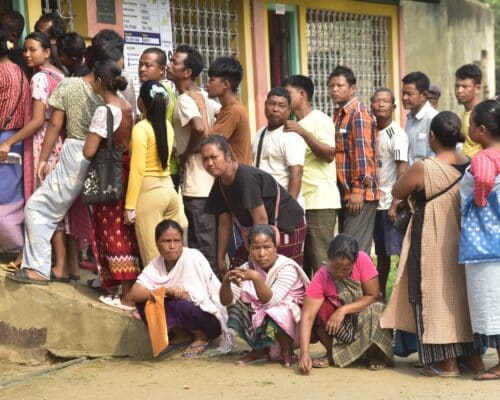
2024 India General Elections – Opportunity to Advance Sustainable and Resilient Agri-food Transition [Op-Ed]
Dr Roopam Shukla, Assistant Professor at the Centre of Excellence in Disaster Mitigation and Management at the Indian Institute of Technology, shares his opinion on the opportunities of India's 2024 general elections, which present a pivotal moment for local leaders and policymakers to elevate the discourse on how sustainable and resilient farming practices are essential for the future of India’s agriculture sector.

Revisiting the Narrative of Indonesia’s Energy Transition in the Prabowo-Gibran Era [Op-Ed]
The official announcement of Prabowo Subianto-Gibran Rakabuming Raka as Indonesia's President and Vice President for 2024-2029 will shape the country's energy transition policy future. Central to this is gauging their alignment with national climate goals and strategising how the administration will tackle energy transition hurdles over the next five years.
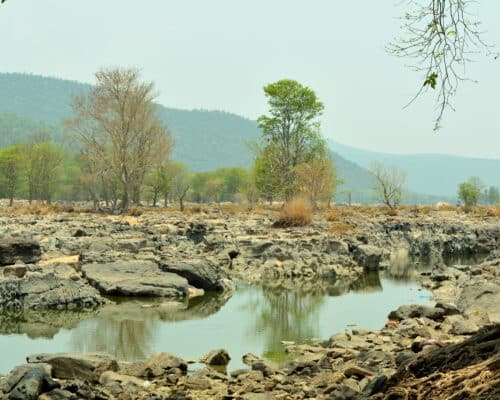
India’s Water Crisis Ahead of 1.5 Degree Warming World: A Portent of Disaster to Come [Op-Ed]
Addressing the ramifications of the crisis and the necessity for a comprehensive strategy for India’s water resource management is crucial for a scorching summer ahead. Can political parties make this an election agenda?
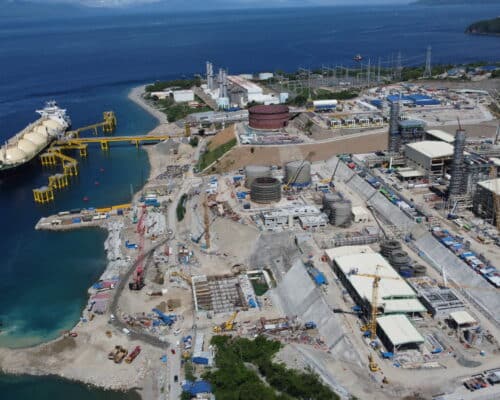
In a Warming World, the Philippines is Giving Far Too Warm a Welcome for Gas [Op-Ed]
Despite the grave socio-economic and climate impacts, the US and Japan are notorious champions of LNG. Will President Marcos' meeting with Japanese Prime Minister Kishida and US President Biden give a genuine outcome for renewables, or is this another parade of gas as bridge fuel deception?
Renewable Energy in Malaysia 2024 – From Oil To Sustainability
Malaysia's energy mix is heavily geared towards coal, oil and natural gas. However, the country has ambitious renewable energy and decarbonisation goals over the next 30 years. The rapid development of domestic renewable energy is crucial to stay on track.
Environmental Issues in the Philippines and New LNG Projects
The fossil gas expansion in the Philippines, mainly fueled by SMC, is taking place amid the worsening climate and energy crisis. The move risks burdening the nation with high energy costs, unreliable supply, stranded asset risk, increased energy dependency and a devastating impact on the environment.
Climate Change in Malaysia – Environmental Issues and Solutions
Malaysia relies heavily on fossil fuel-dependent industries, leading to near-term environmental damage and perpetuating climate change. The country needs to address these near-term issues while reducing emissions and creating adaptation strategies for the future.

Women’s Empowerment Can Be the Catalyst to Drive Asia-Pacific’s Energy Transition [Op-Ed]
The Asia Director at the Global Wind Energy Council shares how the emerging wind industry brings opportunities for women to be empowered to helm the clean energy transition. She calls for recognising women's representation in the energy transition as a necessary first step in creating gender equality in the sector.
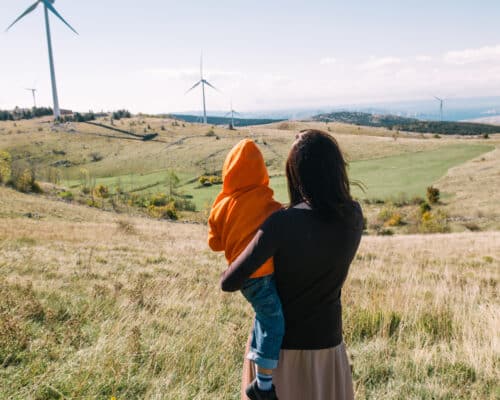
Empowering Women to Front the Energy Transition in Asia
Vibhuti Garg, the South Asia Director at the Institute for Energy Economics and Financial Analysis (IEEFA), shares her views on a gender-inclusive clean energy sector and how women can be empowered to be at the forefront of India's energy transition.
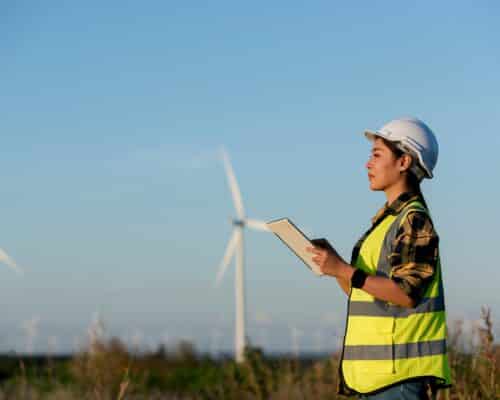
Empowering Women in the Energy Transition: A Catalyst for Change
Helen Jia, who leads the Asia Research Engagement (ARE) team in China, shares her thoughts on how women can find success and satisfaction and lead in the field of energy transition.
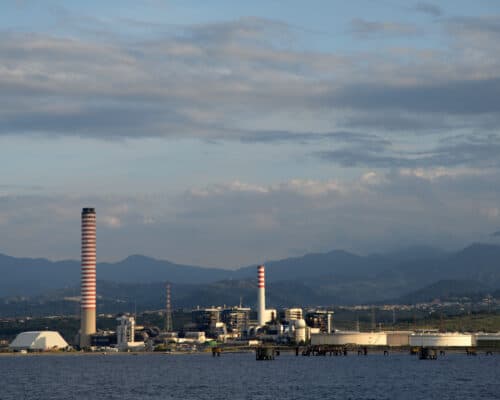
LNG’s Carbon Quandary is a Call for Reassessment in the Energy Transition [Op-Ed]
At COP28, the pivotal language to steer away from fossil fuels and achieve net zero by 2050 is a historic step on the right path. However, the communique also features a step backwards in acknowledging a role for transitional fuels in facilitating the energy transition and ensuring energy security. This calls for a reassessment of public and private sector policies to align with global net-zero objectives.
Most Popular
Categories
-
9
-
33
-
126
-
4
-
17
-
43
-
52
-
11
-
10
-
15
-
24
-
6
-
6
-
249
-
196
-
14
-
23
-
1
-
1
-
23
-
38
-
42
-
84
-
18
-
81
-
41
-
17
-
10
-
40
-
43
-
86
-
284
-
21
-
40
-
35
-
10
-
41
-
36

